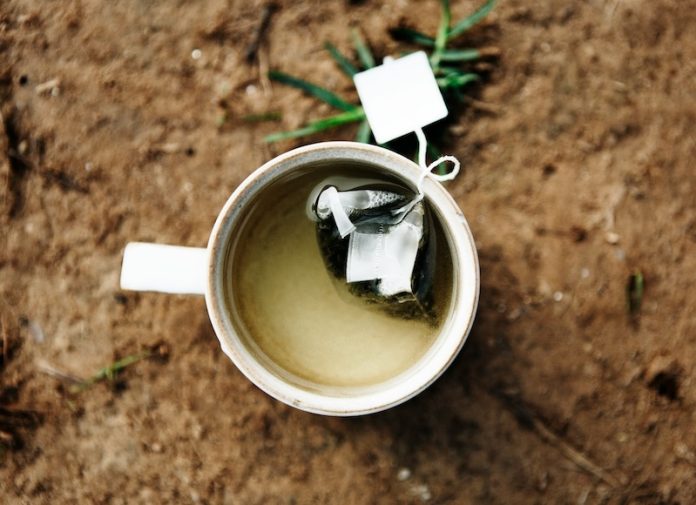
Managing high blood pressure, also known as hypertension, is essential for reducing the risk of heart disease, stroke, and other health problems.
Along with a healthy diet, certain drinks have been found to help keep blood pressure under control.
Choosing the right beverages can make a big difference, thanks to the nutrients and compounds they contain. Let’s explore some of the best drinks for managing high blood pressure, backed by scientific evidence.
One of the most well-known beverages for heart health is green tea. Green tea is packed with antioxidants called catechins, which have been shown to relax blood vessels and improve blood flow.
Research published in the journal Circulation found that regular consumption of green tea was associated with a reduction in both systolic (the top number) and diastolic (the bottom number) blood pressure. Drinking two to three cups a day can be a simple and enjoyable way to support healthy blood pressure levels.
Beetroot juice is another drink that has gained attention for its blood pressure-lowering effects. Beets are rich in nitrates, which the body converts into nitric oxide. Nitric oxide helps relax blood vessels, allowing blood to flow more easily and reducing blood pressure.
Studies, including one published in Hypertension, have shown that drinking beetroot juice can significantly lower blood pressure, sometimes within hours of consumption.
One glass a day may provide benefits, but be aware that it can temporarily turn your urine pink—a harmless side effect.
Hibiscus tea is a herbal drink with a tangy flavor and bright red color. It contains natural compounds that act as ACE inhibitors, similar to some blood pressure medications.
A study in the Journal of Nutrition found that drinking hibiscus tea daily significantly reduced systolic blood pressure in people with mild hypertension.
Three cups of hibiscus tea per day is often recommended, but it’s best to consult your doctor if you’re already taking blood pressure medication to avoid interactions.
Low-fat or skim milk is another beverage to consider. Dairy products are a good source of calcium and potassium, both of which play key roles in maintaining healthy blood pressure.
Calcium helps relax blood vessels, while potassium counteracts the effects of sodium, which can raise blood pressure.
Research suggests that people who consume more low-fat dairy products tend to have lower blood pressure. Aim for one to two servings of low-fat milk or yogurt per day as part of a balanced diet.
For those who enjoy fruit juices, pomegranate juice is a great choice. Pomegranates are high in antioxidants, particularly polyphenols, which help improve blood vessel function and reduce inflammation.
A study published in Plant Foods for Human Nutrition found that drinking a glass of pomegranate juice daily lowered systolic blood pressure in participants with hypertension. Look for 100% pure pomegranate juice without added sugar to get the most benefit.
Finally, water is often overlooked but is one of the most important drinks for blood pressure management. Staying well-hydrated helps the heart pump blood more efficiently and prevents dehydration, which can strain blood vessels.
While water alone doesn’t directly lower blood pressure, it supports overall heart and kidney health, making it a critical part of a healthy lifestyle.
By choosing drinks like green tea, beetroot juice, hibiscus tea, low-fat milk, and pomegranate juice, along with drinking plenty of water, you can help manage high blood pressure naturally.
These beverages work best as part of a broader heart-healthy diet that includes fruits, vegetables, whole grains, and lean proteins.
Always consult with your doctor before making significant changes to your diet, especially if you’re on medication. Small daily habits, like enjoying these healthy drinks, can lead to big improvements in your blood pressure and overall health.
If you care about high blood pressure, please read studies that drinking tea could help lower blood pressure, and early time-restricted eating could help improve blood pressure.
For more health information, please see recent studies about added sugar in your diet linked to higher blood pressure, and results showing vitamin D could improve blood pressure in people with diabetes.
Copyright © 2024 Knowridge Science Report. All rights reserved.



